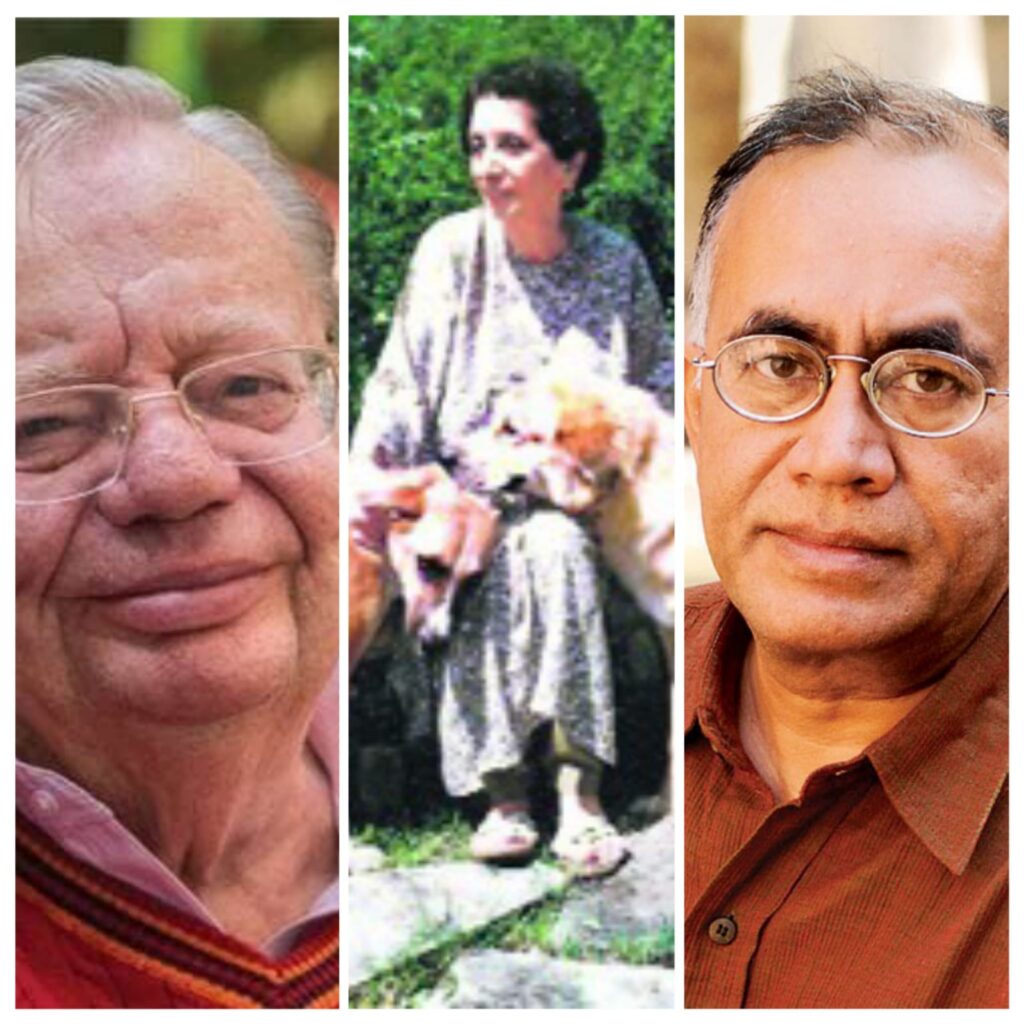Last month (21 March), the news of Parsi New year being celebrated brought to mind the gifted Parsi writer Nergis Dalal (born 13 June 1921) who I met at her residence in Dehradun one and a half decades ago.
Exactly four months after I interviewed her, she wrote me a letter: “I really marvel at your enthusiasm and energy in conducting all the interviews with writers in India… I look forward to meeting you again some time.” I visited Dehradun a few more times after that maiden meeting with Nergis, but the second meeting with her somehow never took place.
Nergis didn’t have many friends. People did call on her; her son and daughters and her grandchildren doted on her, and she reciprocated. But she also fiercely guarded her privacy, her need to have seclusion and solitude which was a prerequisite for an artist of her calibre. “Solitude is very important to me”, she had told me, ‘and I love my children coming to visit me. But I don’t want to live with any one of them. They are wonderful children, loving and supportive. But I don’t want to live with them in their houses. I like to be alone.”
She had always counted on author Ruskin Bond and I Allan Sealy as friends and fellow writers. Reminiscing about his association with Nergis Dalai, Bond said: “She was a tenant in my grandmother’s old house on the Survey Road. You can see part of it on the photograph on the cover of my book A Town Called Dehra. Her husband was then in the Survey of India as a Director. They occupied a part of that house for two/three years until they got accommodation on the Survey ground itself. She’d visit this provision store where I had two rooms on top. Apart from myself I think she was the only writer from that period. She had won a prize in a short story contest around that time (1954). On and off over the years I met her.”
“My books, alter the initial attention they receive”, Nergis wrote in another letter, “seem to get lost and plunge into oblivion. Most people know me as a writer of ‘middles’, not of novels!” Her fifth novel, Skin Deep, was published by Penguin when she was 84. The novel is a vivid recollection of an unhappy childhood. It’s a series of snapshots of searing memory woven together like a collage painting with great finesse. Here is a passage from the book: “I learnt to temper unhappiness with chocolates and books – especially books which acted for me as powerfully as any drug. I could lose myself in those pages and pages of words, which I devoured…Even today l am never without my pile of new books waiting on my bedside table, to distract me from the complexities of real life. Buying new books was for me pure, undiluted pleasure. Good writers, who could draw me into different environments, different worlds, embracing a host of landscapes, cultures and people, with a quality of alert openness, came high on my list of people certain to go straight to heaven.”
Nergis was famous for her essays which were published in The Statesman and national dailies of the day. These articles known in journalistic parlance as ‘middles drew attention of some discerning editors resulting in a collection called Never a Dull Moment. When Nergis Dalal passed away on 13 November 2012, Allan Sealy sent me a note: “For her 90th birthday I drew Nergis a pen and ink card: the scene was a nightingale on a pomegranate twig drawn from a thousand year old stone stele in the city of Pingyao in China. Now I think of her as that delicate bird.”
